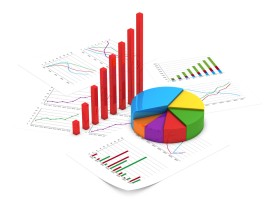Key facts and figures

- Established in 2002 as a promoter of the investment conducive business environment and solid business ethics
- Over 120 members, gathering expertise from various sectors and industries
- FIC members are a driving engine of Serbian economy: over 120 companies, invested over €35 billion and employ more than 100,000 employees in Serbia
- Collects and shares practice and expertise from all around the globe, from EU and USA to China and Russia
- Gives concrete and practical recommendations on how to improve business climate
- Never stands behind interests of specific company or a business group as every initiative has to be agreed by members within relevant committees and endorsed by the Board of Directors
- Promotes sound business ethics
- Actively supports economic integration to EU and has a unique capability to be a private sector focal point in the EU integration process as over 74% of members come from EU
- Publishes the White Book, as the transparent platform for dialogue with the authorities and valuable set of recommendations on how to improve business climate in Serbia
- Organizes Reality Check Conference – constructive and open discussion with the Government and other stakeholders on the progress in the reform agenda
- Channels efforts, expertise and ideas within 9 specialized working committees, 2 sectoral (Pharma Industry Committee and Telecommunications) and 7 cross-sectoral (Anti-Illicit Trade & Food Committee, Digital & E-Commerce Committee, Financial Services, Human Resources Committee, Infrastructure & Real-Estate Committee, Legal Committee, and Taxation Committee)
- Tangible and measurable results: White Book 2019 score card features recommendations given in 2018 and track their success record. It shows that the progress is 7% better compared to last year – We note 41% in implementation of WB recommendations, which is higher than the average score of 30-40% from 2011 when the WB score card was first introduced.
